

Looking Forward
Religious Liberty Under a New Court
March 23rd - March 24th 2021
Special Livestream Event
Submit questions through YouTube Livestream Chat or email [email protected]
DAY 1 – Tuesday, March 23
9:00 a.m. MDT
Setting the Stage for Religious Liberty & the Supreme Court
Where We Are: The State of Religious Freedom Today – Stephanie Barclay, University of Notre Dame School of Law
A Look at Justice Barrett and the New Supreme Court– Mark Walsh, ABA Journal, SCOTUSblog
10:30 a.m. MDT
Revisiting Employment Division v. Smith After 30 Years
Defending Smith – Bill Marshall, University of North Carolina School of Law
Critiquing Smith & Reviewing RFRA - Alexander Dushku, Kirton McConkie
Case Law Developments Since Smith– Adèle Keim, Becket Fund for Religious Liberty
12:30 p.m. MDT
Lessons of Civility from the Supreme Court
Addressing Culture War Issues in a Consensus Building Manner – Dr. Ryan Owens, University of Wisconsin-Madison
DAY 2 – Wednesday, March 24
9:00 a.m. MDT
Free Exercise Rights from the Perspective of Religious Minorities
Islam – Asma Uddin, Council on Foreign Relations
Native American Religions - Mona Polacca
Judaism – Dr. Michael Helfand, Pepperdine Law School
11:00 a.m. MDT
Looking to the Future
Religious Freedom Issues on the Horizon for the Court – Dr. Phillip Muñoz, University of Notre Dame
Moving Forward with Civility – Judge Thomas Griffith (Ret.), U.S. Court of Appeals for the District of Columbia
Conference Speaker Biographies
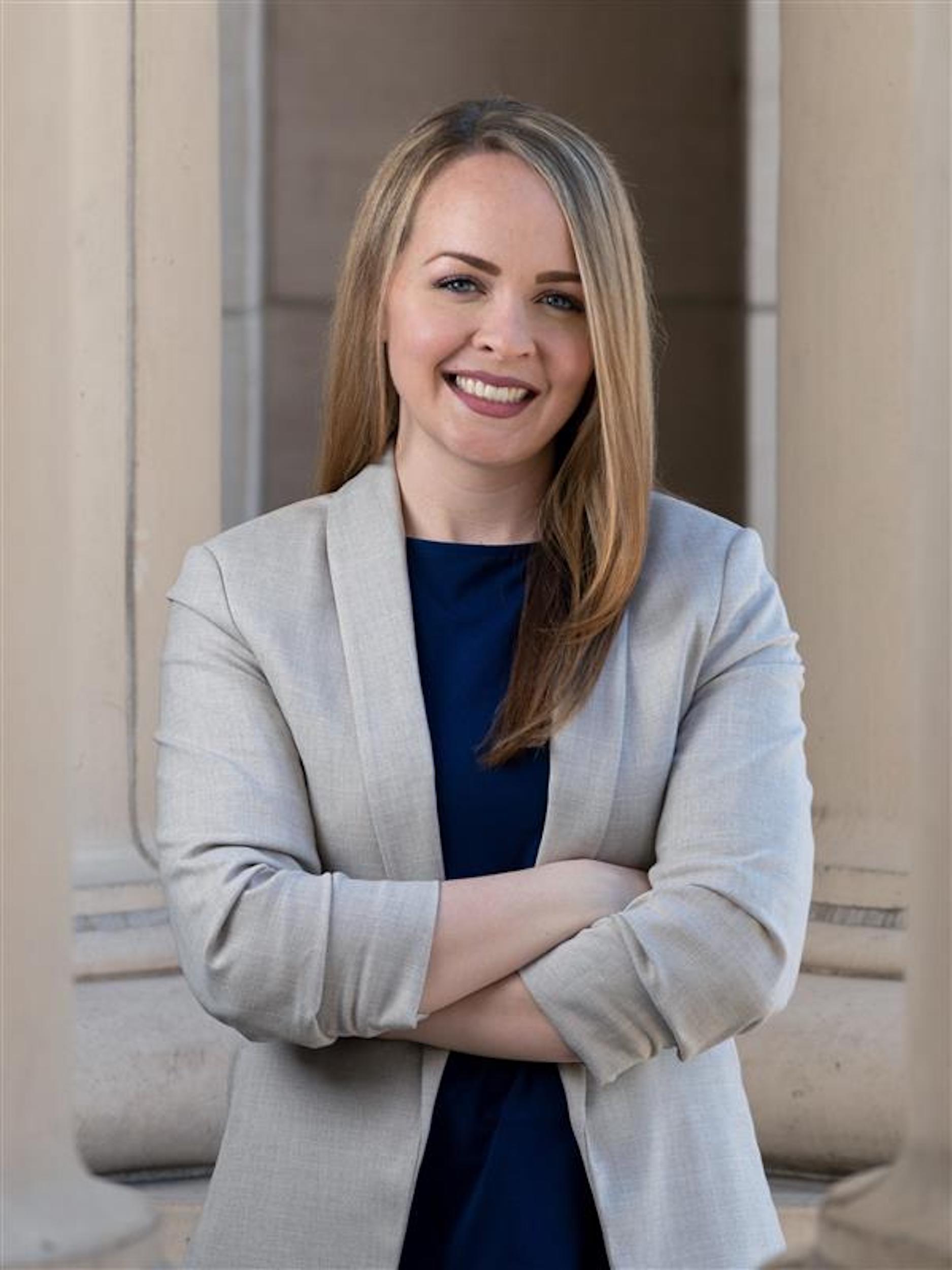
Professor Stephanie Barclay is a First Amendment scholar who researches and writes about the role our different democratic institutions play in protecting minority rights, particularly at the intersection of free speech and religious exercise issues. Professor Barclay’s academic writing has been published or is forthcoming in journals such as the Washington University Law Review, the Boston College Law Review, the Indiana Law Journal, and the Arizona Law Review. Professor Barclay joined the faculty of BYU Law School as an Associate Professor of Law in July 2018. Prior to teaching, Professor Barclay litigated First Amendment cases full time at the Becket Fund for Religious Liberty, where she represented many organizations and individuals at both the trial and appellate level, including before the U.S. Supreme Court. Professor Barclay has twice been named a Washington D.C. Super Lawyer Rising Star (for 2016 and 2019). Professor Barclay was nominated to serve as the Director of Programs for the AALS Law and Religion Section, and as a subcommittee chair for the JRCLS International Religious Freedom Committee. She graduated summa cum laude from BYU Law School, where she was elected to the Order of the Coif. Professor Barclay also clerked for the Honorable N. Randy Smith on the U.S. Court of Appeals for the Ninth Circuit. Stephanie was recently selected to serve as a law clerk to U.S. Supreme Court Justice Neil Gorsuch.
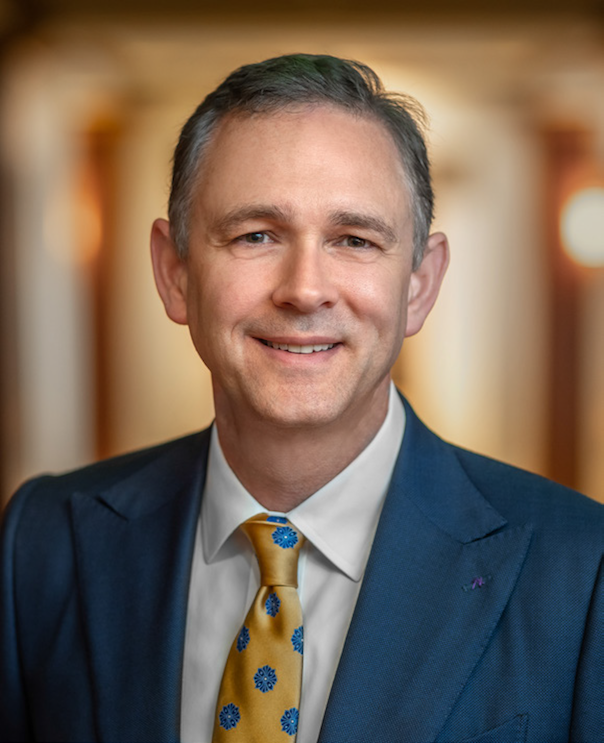
Alexander Dushku is a shareholder in the Salt Lake City law firm Kirton McConkie. He graduated summa cum laude from Brigham Young University in 1990 and magna cum laude from the J. Reuben Clark law school at BYU in 1993.
After law school, Alexander clerked on the Seventh Circuit Court of Appeals for the Honorable Judge Daniel A. Manion.
In 1996, Alexander joined Kirton McConkie, Utah’s largest law firm, where for many years he was head of the firm’s constitutional and appellate law section, specializing in appellate brief writing and critical law and motion practice. He has authored numerous briefs in important religious liberty cases before appellate courts across the United States, including the United States Supreme Court, and has consulted with legislators and advocates across the country on religious liberty issues. For many years he has advised The Church of Jesus Christ of Latter-day Saints in matters of religious freedom, public policy, and First Amendment law.
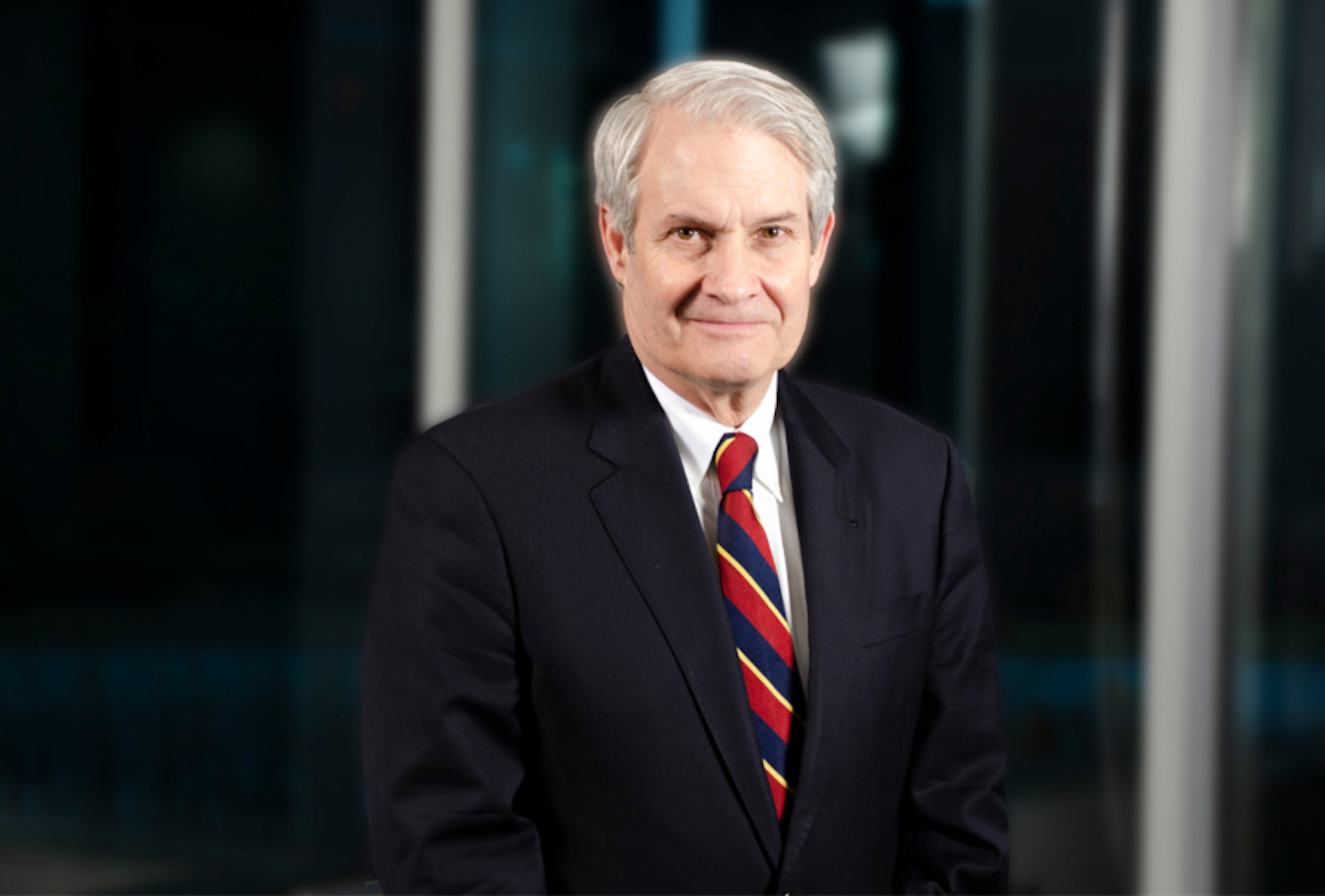
Judge Thomas B. Griffith was appointed to the United States Court of Appeals for the D.C. Circuit by President George W. Bush in 2005, where he served until he retired from the bench last year. Judge Griffith graduated from Brigham Young University and the University of Virginia School of Law. At the time of his appointment to the D.C. Circuit, Judge Griffith was the General Counsel of BYU. Previously he had served as Senate Legal Counsel, the nonpartisan chief legal officer of the US Senate, and as a litigation partner at the law firm of Wiley, Rein, and Fielding in Washington, D.C. Judge Griffith is currently a Lecturer on Law at Harvard Law School, Special Counsel at the law firm of Hunton Andrews Kurth, and a Senior Policy Advisor at the National Institute for Civil Discourse.
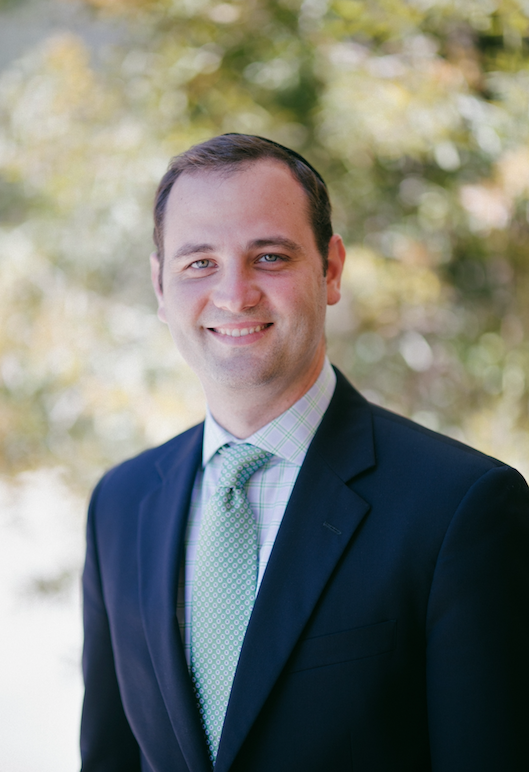
Dr. Michael (Avi) Helfand is an expert on religious law and religious liberty. A frequent author and lecturer, his work considers how the state treats religious law, custom and practice. He is Professor of Law and Vice Dean for Faculty and Research at Pepperdine Caruso School of Law as well as Interim Director of Pepperdine Law’s Nootbaar Institute on Law, Religion and Ethics. Dr. Helfand is also a Visiting Professor and Oscar M. Ruebhausen Distinguished Fellow at Yale Law School and a Senior Research Fellow at the Shalom Hartman Institute of North America. He received his J.D. from Yale Law School and his Ph.D. in Political Science from Yale University.
His academic articles have appeared in numerous law journals, including the Yale Law Journal and the New York University Law Review. Professor Helfand also often provides commentary on clashes between law and religion, writing for various general audience publications, including the Wall Street Journal, Los Angeles Times, USA Today, and the Forward, and has provided legal commentary for various news outlets, including the New York Times, PBS, and Huffington Post.

Adèle Keim joined Becket as Legal Counsel in 2012. While at Becket, Adèle has defended the rights of rock bands, Native American sacred dancers, organizations supporting Cuban orphanages, and nuns. Adèle has been featured on CNN, Fox News, Al Jazeera, EWTN, TheBlaze, and MSNBC.
Adèle joined Becket after spending four years as an associate in the appellate practice at Winston & Strawn in Washington, D.C. From 2007 to 2008, Adèle clerked for Hon. Edith Brown Clement on the U.S. Court of Appeals for the Fifth Circuit in New Orleans. Before she became a lawyer, Adèle worked for a Canadian Member of Parliament and spent two years covering international religious freedom and social issues for the Evangelical Fellowship of Canada.
Adèle received her A.B. in Politics, magna cum laude, from Princeton University in 2001 and graduated from Notre Dame Law School with honors in 2007. Adèle attended secondary school in British Columbia, where her family still lives. Adèle enjoys cooking Ethiopian food, watching crew regattas, and taking family walks with her husband and two children.

William (Bill) Marshall joined the Carolina Law faculty in 2001 and serves as the William R. Kenan Jr. Distinguished Professor of Law. His teaching and research interests include the first amendment, presidential power, election law, federal jurisdiction, federal judicial selection, civil procedure, and media law. Marshall is the author of numerous book chapters, articles, and essays on free speech, separation of powers, the Establishment Clause, and the Free Exercise Clause. His work has appeared in the Harvard Law Review, the Yale Law Journal, the Supreme Court Review, and the University of Chicago Law Review, among others.
Marshall received his law degree from the University of Chicago and his undergraduate degree from the University of Pennsylvania. Marshall was Deputy Counsel to the President and Deputy Assistant to the President during the Clinton Administration and also served as the Solicitor General for the State of Ohio. He has taught at the Northwestern, Boston University, Vanderbilt, Ohio State, DePaul, Case Western Reserve, William and Mary, and the University Connecticut law schools. Prior to beginning his teaching career, Marshall was a Special Assistant Attorney General for the State of Minnesota.
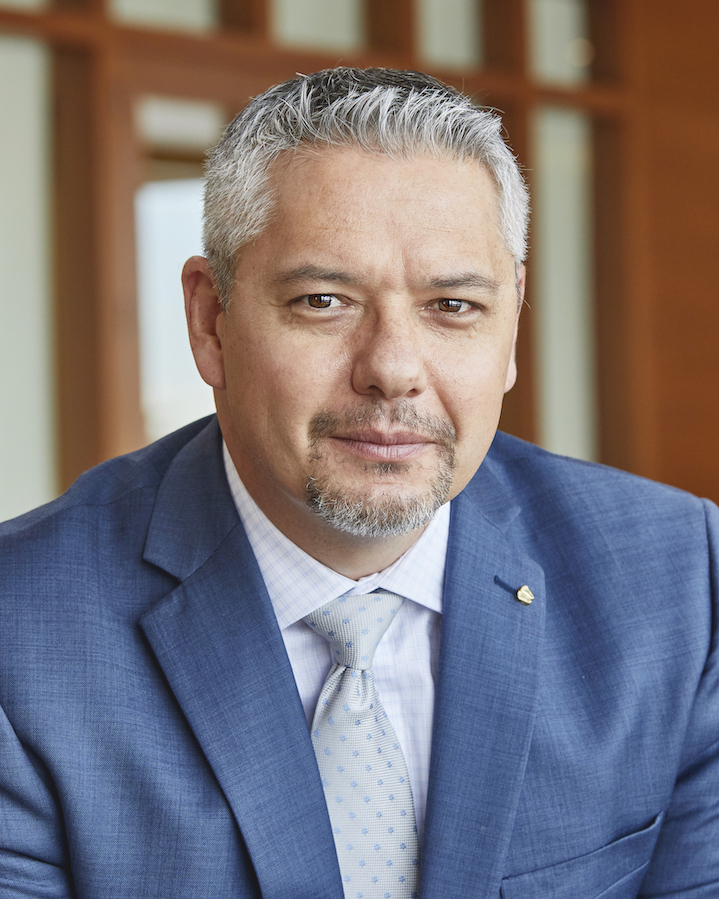
Vincent Phillip Muñoz is the Tocqueville Associate Professor of Political Science and Concurrent Associate Professor of Law at the University of Notre Dame. He is the Founding Director of ND’s undergraduate minor in Constitutional Studies and also directs Notre Dame’s Tocqueville Program for Inquiry into Religion and Public Life. Under his leadership the programs have raised over $8,500,000.
Dr. Muñoz writes and teaches across the fields of constitutional law, American politics, and political philosophy with a focus on religious liberty and the American Founding. His first book, God and the Founders: Madison, Washington, and Jefferson (Cambridge University Press, 2009) won the Hubert Morken Award from the American Political Science Association for the best publication on religion and politics in 2009 and 2010. His First Amendment church-state case reader, Religious Liberty and the American Supreme Court: The Essential Cases and Documents (Rowman & Littlefield) was first published in 2013 (revised edition, 2015) and is being used at Notre Dame and other leading universities. In 2019, he joined the editorial team of American Constitutional Law(11th edition, Routledge, 2019), the leading constitutional law casebooks designed for undergraduate instruction. His scholarship has been cited three times in Supreme Court opinions, most recently by Chief Justice Roberts and Justice Thomas in the 2020 church-state case, Espinoza v. Montana.
Dr. Muñoz has been awarded a National Endowment for the Humanities fellowship to support his current project, a scholarly monograph on the natural right of religious liberty and the original meanings of the First Amendment’s Religion Clauses. Articles from that project have appeared in American Political Science Review, The Harvard Journal of Law and Public Policy, Notre Dame Law Review, American Political Thought, and the University of Pennsylvania’s Journal of Constitutional Law.
An award-winning teacher and a popular lecturer, Dr. Muñoz has spoken at over 75 colleges and universities in the past several years. He received his B.A. at Claremont McKenna College, his M.A. at Boston College, and his Ph.D. at Claremont Graduate School.
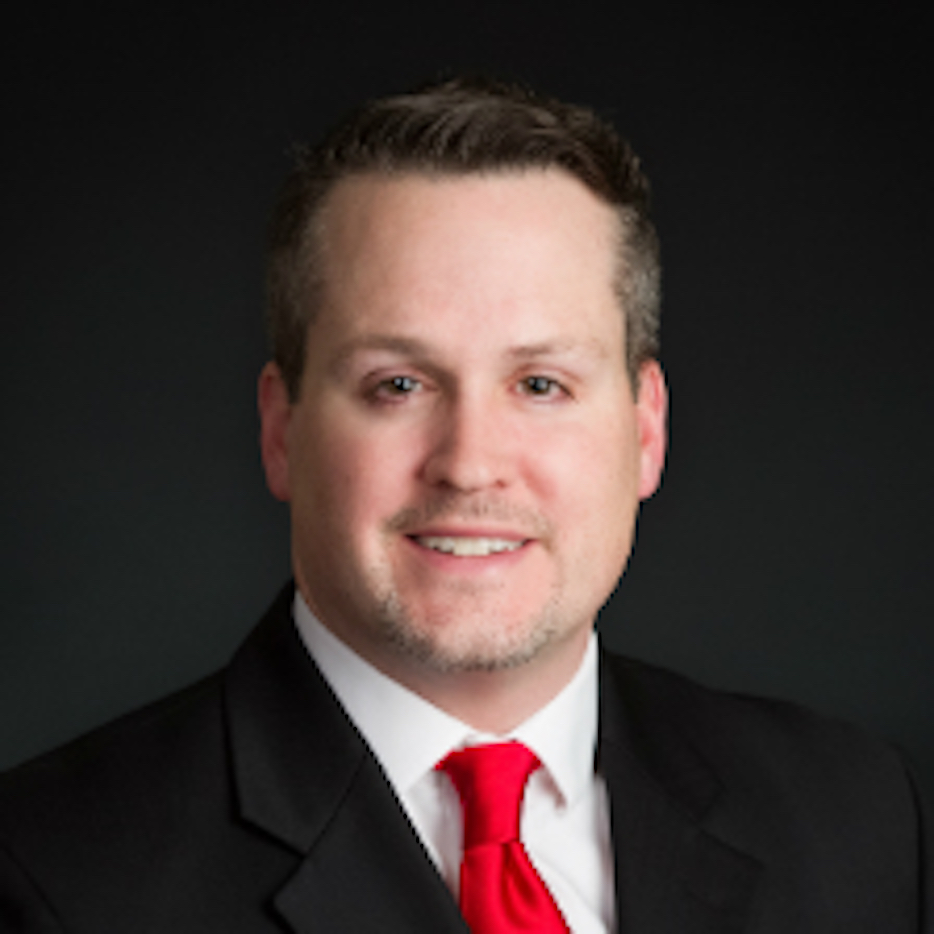
Ryan Owens is a Professor of Political Science and Affiliate Faculty in the Law School. He also is an Honorary Fellow in the Institute for Legal Studies. Owens studies law and courts and American political institutions. His work analyzes the United States Supreme Court, the United States Courts of Appeals, legal institutions, and judicial behavior. Professor Owens’s work has appeared in the American Journal of Political Science, Journal of Politics, Political Research Quarterly, the Georgetown Law Journal, the William & Mary Law Review, the University of Illinois Law Review, Law & Society Review, and the Journal of Law and Courts.
Owens received grants from the National Science Foundation, the Harvard Provost, the University of Wisconsin Graduate School, the Center for Empirical Research in the Law, and the George H.W. Bush Library Foundation. He also received the first undergraduate mentoring award given by the Office of the Provost.
Between 2008 and 2011, Owens was Assistant Professor of Government at Harvard University, where he taught undergraduates and graduate students and seminars in the law school. From 2003-2008, Owens earned his Ph.D. at Washington University in Saint Louis. Prior to graduate school, Owens practiced law.
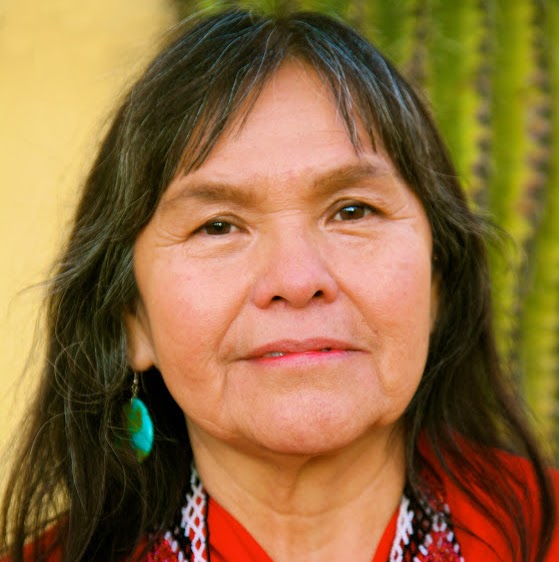
Mona Polacca is an educator, facilitator and speaker she has held posts of responsibility within her own community, such as Treasurer for her tribe (the Colorado River Indian Tribes). She has a master’s in social work and justice studies (ABD) at Arizona State University and has over thirty years of experience working, presenting and publishing on health and social issues affecting Native American peoples. She is serves as a tribal liaison of the Healing the Border Project of the Indigenous Alliance Without Borders. And is currently a Senior Fellow overseeing the Original Caretakers Program for the Center of Earth Ethics. As the President of the international Council of Thirteen Indigenous Grandmothers she works with Indigenous women to preserve, and protect Indigenous practices and ceremonies, including the right to use their earth-based medicines. She is a participant in the United Nations Permanent Forum of Indigenous Peoples Issues and has assisted in listening sessions with Indigenous Peoples. In 2013, at the Permanent Forum she and others presented an intervention, “A call for the Indigenous World Forum on Water & Peace.” Her efforts have included providing support to First Nations to build capacity to take action on climate change, build sustainable communities, protect lands and waters, and conserve biodiversity. Her spiritual practice is grounded in the Havasupai, Hopi and Tewa Original Instructions and the Native American Church.
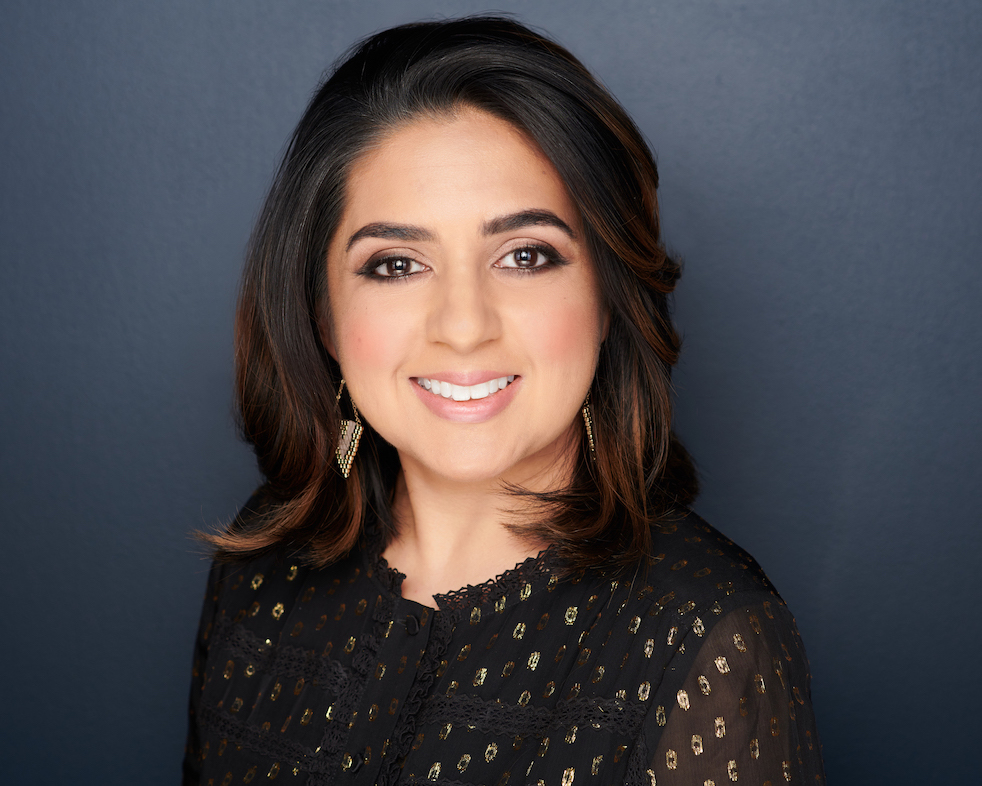
Asma Uddin is the author of When Islam Is Not a Religion: Inside America's Fight for Religious Freedom and The Politics of Vulnerability: How to Heal Muslim-Christian Relations in a Post-Christian America. She is an Inclusive America Project Fellow at the Aspen Institute, where she is leading a project on Muslim-Christian polarization in the U.S. Ms. Uddin was formerly legal counsel at the Becket Fund for Religious Liberty, and has held academic fellowships at Georgetown, UCLA, and Brigham Young University Law School. She is also an expert advisor on religious freedom to the Organization for Security and Cooperation in Europe, and a term-member of the Council on Foreign Relations.
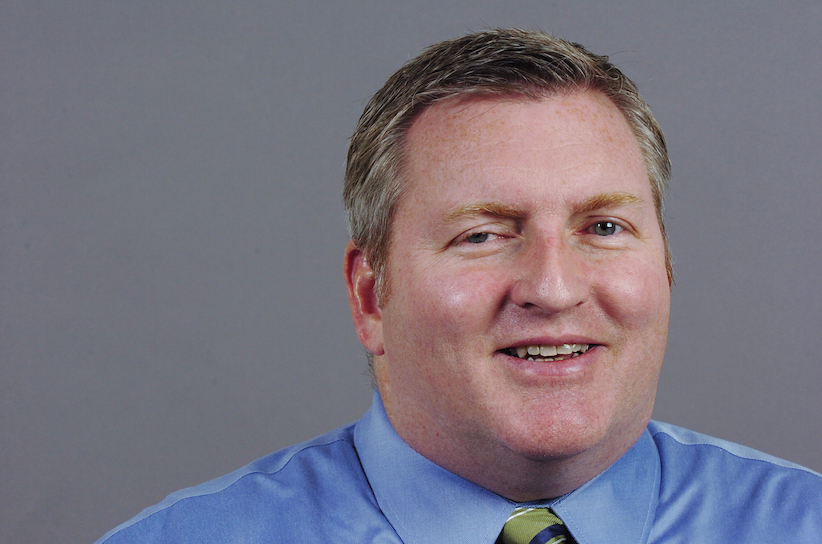
Mark F. Walsh is a reporter specializing in coverage of the U.S. Supreme Court.
Walsh writes the Supreme Court Report column for the ABA Journal, the magazine of the American Bar Association. He is a regular contributor to SCOTUSblog, the website devoted to coverage of the Court. For that website, Walsh writes the “View from the Courtroom” feature, which documents unusual occurrences in the courtroom such as dissents from the bench.
Walsh is also a contributing writer to Education Week, where has covered education issues in the Supreme Court and lower courts for more than twenty-five years. He previously served as Washington editor of Education Week, in which he supervised coverage of federal education policy matters, as well as the 2004 and 2008 presidential and congressional elections.
Walsh has a degree in journalism, with a minor in political science, from Northwestern University. He has also studied political science at Georgetown University and lectured at the Harvard Graduate School of Education.
He lives in Washington, D.C.

